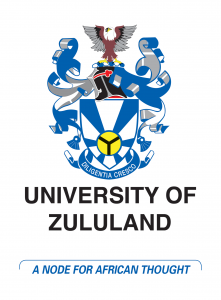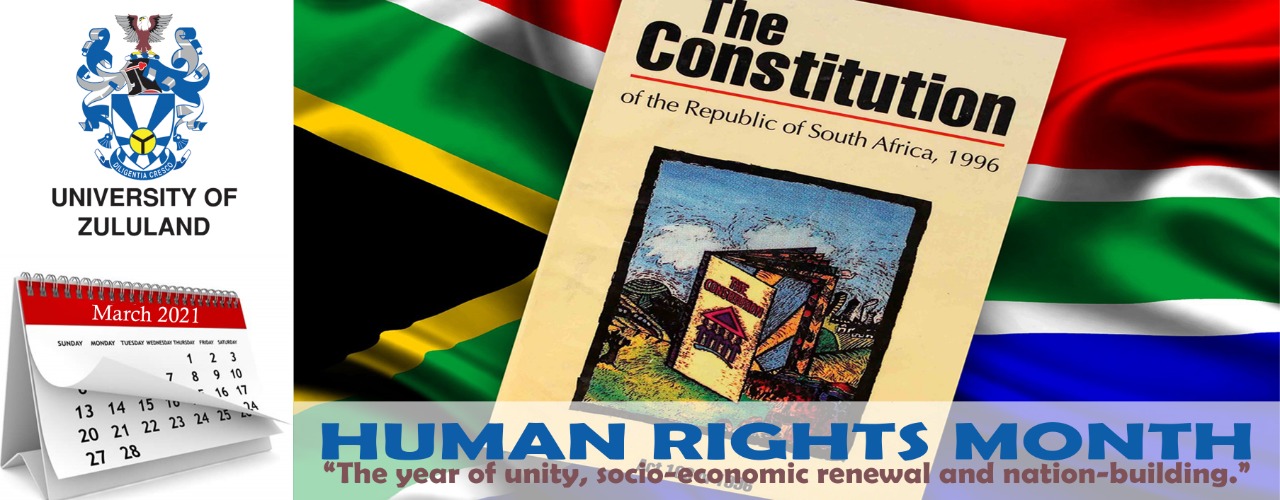Human Rights Day is commemorated yearly on 21 March to remind South Africans about the sacrifices that accompanied the struggle for the attainment of democracy in South Africa. Naturally, the entire month of March has become synonymous with human rights awareness.
This year, we commemorate human rights month under the theme: “The year of unity, socio-economic renewal and nation-building”.
According to Dr Lizelle Ramaccio Calvino, a lecturer in the Law Department, human rights month is a time to reflect on the nation’s journey to democracy, the accomplishment of change, and the construction of consciousness and learning about human rights in academic institutions and society at large.
The South African Constitution is one of the most progressive in the world. The specific protection of the right to equality (section nine of the Constitution) underpins the right that everyone should be treated equally. Equality therefore forms the foundational value of South Africa’s constitutional democracy. In this regard, most violations of human rights relate to the infringement of a person’s right to equality. The right to equal treatment therefore does not only refer to structural equality (right to health care, water, food, and social security) but inter alia also the right to just administration and fair labour practices. Hence the promulgation of Promotion of Equality and Prevention of Unfair Discrimination Act 4 of 2000.
In ensuring compliance with the Bill of Rights, the Constitution mandated that an independent institution be established in 1995 to investigate any complaints relating to the violation of human rights. The Human Rights Commission is therefore independent and mandated by the Constitution and the Human Rights Commission Act, 1994. Accordingly, the Constitution and, in executing the Constitution, the Constitutional Court is the protector of human rights and has the jurisdiction to redress any violation of human rights brought before it.
Human rights are egalitarian in the sense of being the same for everyone. In terms of the Bill of Rights, which forms the cornerstone of the South African democracy, the right to freedom, dignity and equality is paramount. In terms of the way forward, a progressive shift (from an adversarial and retributive criminal justice system to that of a restorative justice system) is already evident.
As Human Rights Day draws near, with about fifteen basic human rights listed in the Bill of Rights, which ones stand out for you?
- Precious Shamase

